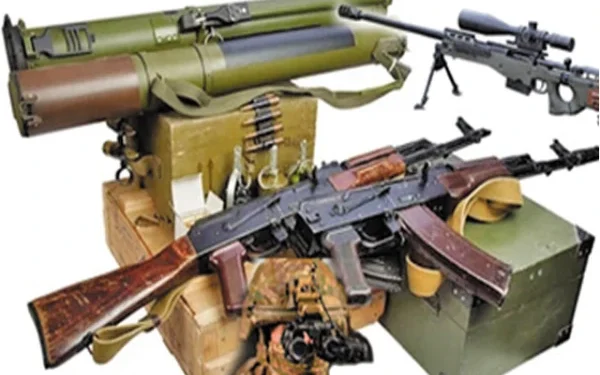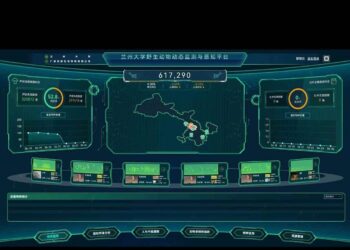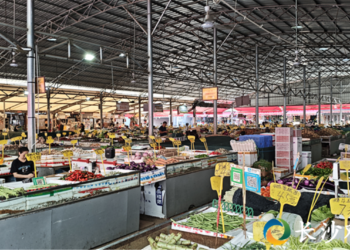The Growing Threat of Illicit Weapons in Afghanistan
Afghanistan has become a major hub for the illegal arms trade, raising serious security concerns in the region. Terrorist organizations such as Tehreek-e-Taliban Pakistan (TTP) and Balochistan Liberation Army (BLA) have access to a large cache of modern and sophisticated weapons. The proliferation of these arms is not only escalating violence in Pakistan but also destabilizing the entire South Asian region.
Where Are Terrorist Organizations Acquiring These Weapons?
A key question arises: How are terrorist groups like the TTP and BLA acquiring the latest and most advanced weaponry? According to a recent report by the international organization Afghan Peace Watch, the weakening of the Afghan Taliban’s control in many provinces has created a power vacuum. This has allowed illicit arms trade to thrive, with modern weapons being sold openly in the black market.
Weapons Left Behind by US and NATO Forces
One of the primary sources of illegal arms in Afghanistan is the massive stockpile of weapons left behind by the United States and NATO forces after their withdrawal in 2021. These include:
- Assault rifles (M4s, M16s, and AK-47s)
- Rocket-propelled grenades (RPGs)
- Hand grenades and explosive devices
- Sniper rifles and night vision goggles
- Heavy machine guns and telescopic scopes
- Automatic weapons and ammunition
The departure of international forces left behind billions of dollars’ worth of military-grade weapons and equipment. Without strict oversight, these arms have now fallen into the hands of militant groups and warlords.
Russian and Chinese Weapons Flood the Market
Beyond Western arms, Afghan arms markets are also flooded with Russian and Chinese-manufactured weapons. Smugglers have found ways to bring these weapons across Afghanistan’s borders, benefiting from the lack of government enforcement. Intelligence reports suggest that the Russian and Chinese arms trade has fueled the operational capabilities of terrorist groups active in Pakistan’s Khyber Pakhtunkhwa and Balochistan provinces.
The Role of International Smugglers and Corrupt Officials
International arms smugglers play a significant role in trafficking illegal weapons. The weak governance of the Afghan Taliban in certain provinces has allowed smuggling networks to operate freely. Many local Afghan Taliban commanders are suspected of either turning a blind eye to or actively supporting these activities for financial gain. Corrupt officials in various provinces protect arms dealers, sometimes for bribes and sometimes due to ideological sympathies.
India’s Involvement in Funding Anti-Pakistan Groups
According to security sources, Indian intelligence agencies have played a role in financing terrorist groups such as TTP and BLA. These groups use Indian financial support to purchase modern weapons at exorbitant prices. By equipping anti-Pakistan militant organizations with sophisticated arms, India is allegedly contributing to the instability along Pakistan’s western border.
The Impact on Pakistan’s Security
The influx of illegal arms into Afghanistan is having dire consequences for Pakistan’s national security. Increased terrorist attacks in Khyber Pakhtunkhwa and Balochistan have been attributed to the easy availability of modern weapons in Afghanistan. Pakistan’s security forces frequently encounter heavily armed militants, making counterterrorism operations more challenging and dangerous.
Challenges in Securing the Pakistan-Afghanistan Border
Pakistan shares a 2,670-kilometer-long border with Afghanistan, one of the longest and most challenging borders to monitor. Despite Pakistan’s efforts to enhance border security through fencing and surveillance, the illegal arms trade continues to thrive. Smugglers have found alternative routes to transport weapons, making it difficult for Pakistani authorities to completely shut down these networks.
The Need for Action from the Afghan Taliban Government
The Afghan Taliban government must take concrete steps to curb the illegal arms trade on its soil. Some necessary actions include:
- Cracking down on illicit arms markets – Strict measures should be taken to dismantle black market networks supplying weapons to terrorist groups.
- Strengthening border security – Afghanistan should enhance border surveillance to prevent arms from flowing into neighboring countries.
- Cooperating with Pakistan – Collaborative intelligence-sharing and joint operations can help counter the illegal weapons trade.
- Implementing strict arms control laws – The Taliban regime must establish and enforce laws regulating the possession and sale of weapons.
Conclusion
Afghanistan’s emergence as a hub for illegal arms trade poses a serious threat to regional stability. Terrorist organizations like TTP and BLA are taking advantage of the uncontrolled weapons market, leading to increased violence in Pakistan and beyond. The Afghan Taliban must demonstrate responsibility by addressing this growing issue and working with neighboring countries to prevent further bloodshed. Without immediate action, the illegal arms trade will continue to fuel terrorism and jeopardize the security of the entire region.

























